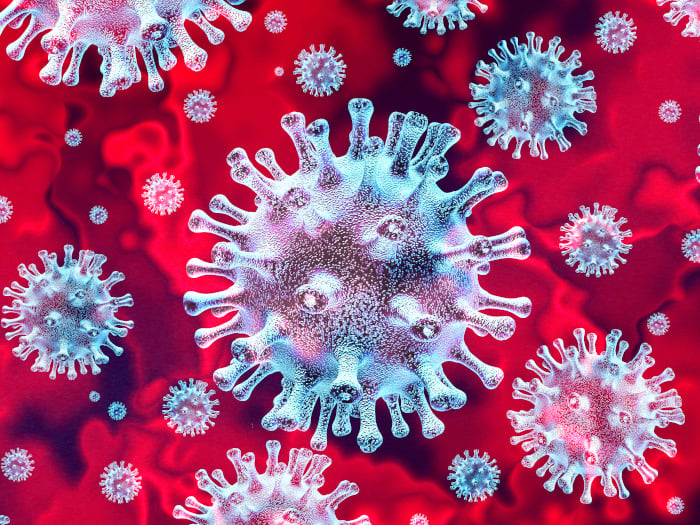COVID-19 shows a wide range of manifestations among those affected. While some show severe symptoms, many remain asymptomatic. A study carried out by the Howard Hughes Medical Institute shed clarity on why these cases are so variable. It revealed how a subset of patients with an affected immune system shows a severe form of the disease.

Why does COVID-19 affect some more than others? Photo Credit: Shutterstock
Published under two papers in the journal Science, the study narrowed down two sets of patients with a specific make-up in their immunity system. The first set was of patients with a key mutation in their immunity genes. The second set of patients had auto-antibodies that attack the same areas in the immune system instead of fighting the disease. [1] [2]
These observations were based on cross-country collaboration of clinicians across the world. The study enrolled people with a severe form of the disease with a plan to study their genetic profile. The number of participants was more than 3000 candidates, enrolled in the period between February and March. As the team analyzed the genetic samples, they observed harmful mutations present in certain patients, both young and old.
Of every 659 patients, 23 carried genetic mutations that are involved in generating the antiviral interferons. This amounts to 3.5 percent of the patients with COVID-19 who showed these mutations. Another 10 percent of the patients showed the creation of auto-antibodies that targeted the immune system.
For the latest updates on COVID-19, please visit the CDC & NIH. [3] [4]
